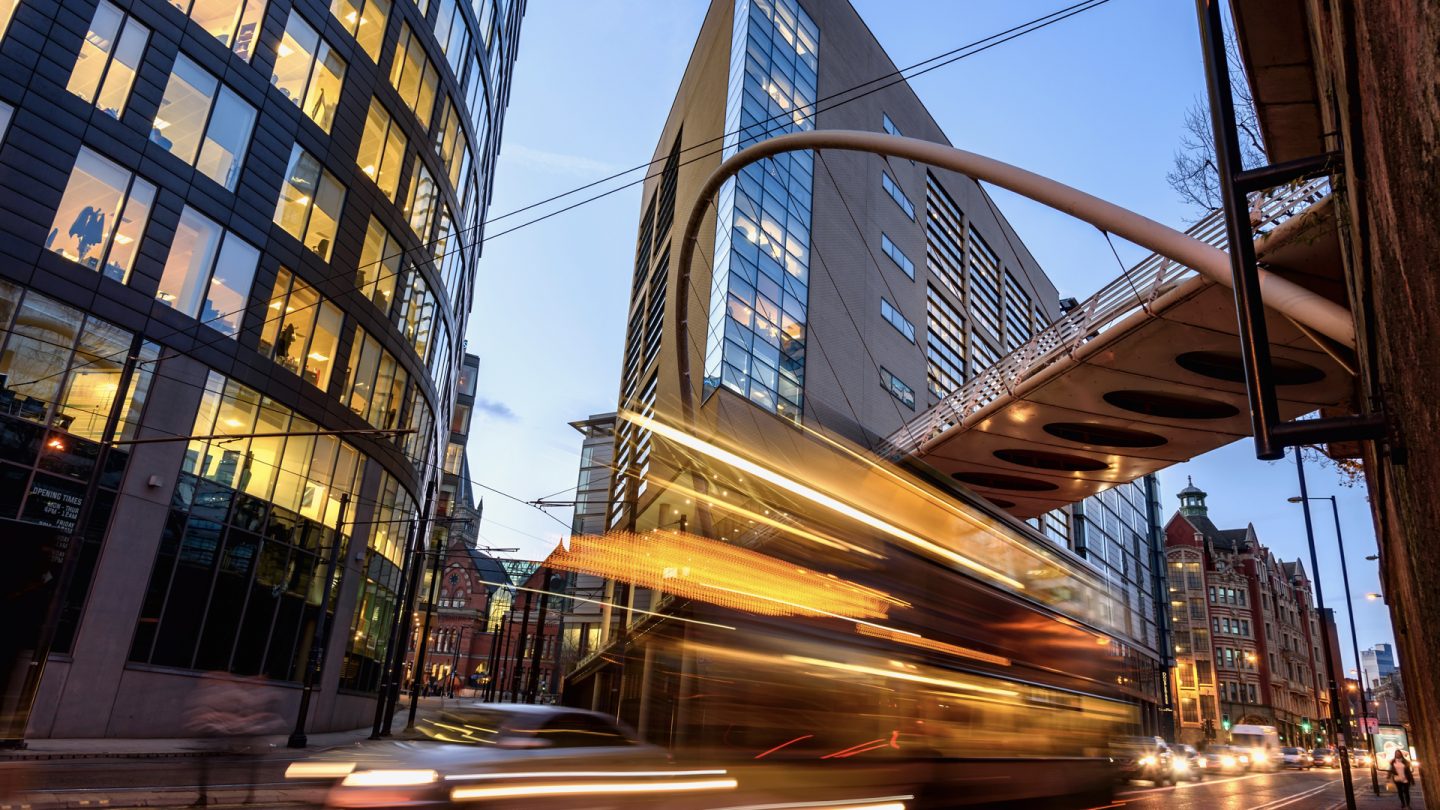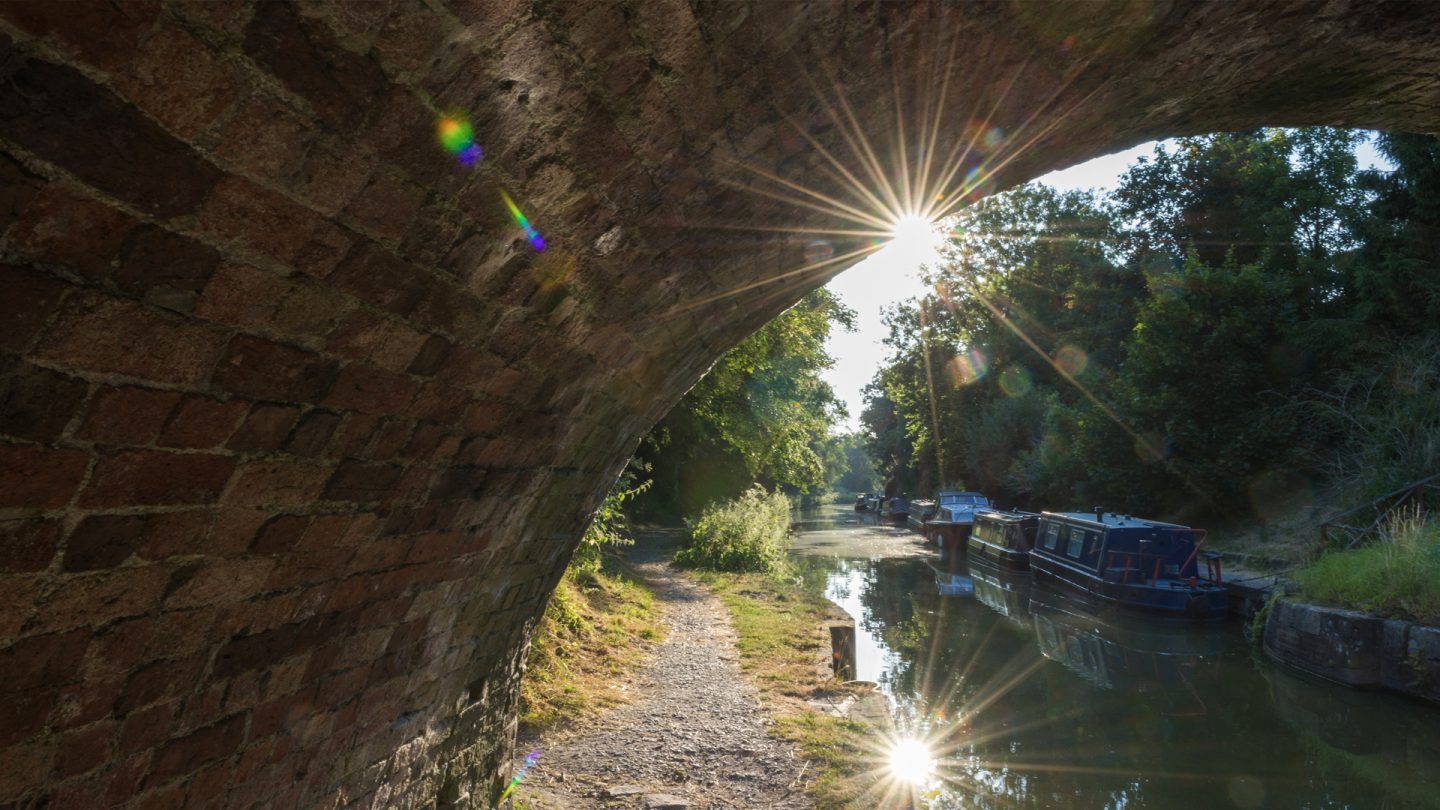
Death in Custody Inquests
Put your trust in Clifford Johnston & Co.
- Expert Death in Custody Inquest Lawyers
- Lexcel & Law Society Accredited Firm
- Providing Robust & Proactive Legal Defence
- Contact our Specialist Solicitors
Deaths in Police Custody Inquest Solicitors
The law says that an in-depth, independent investigation should be carried out when a person dies in police custody.
A ‘death in custody’ is a broad term which refers to deaths of people in the custody of the State. This means that the deceased must have been ‘in custody’. This will include, (i) when a person is under arrest or detained in a police station, (ii) immigration detention, (iii) whilst being detained and searched by a police officer, (iv) following any other ‘contact with the police’ where there may be a link between the contact and the death and (v) if a person is shot by a police officer. It also includes those detained in psychiatric hospitals, and even those released from hospital if the death occurred shortly thereafter.
It is important to note that inquests are not the same as criminal trials. The reason for an inquest is to establish the circumstances of a person’s death, whereas criminal trials determine a person’s guilt after they have been charged with a crime.
If the Crown Prosecution Service are considering criminal proceedings in relation to a death in custody (for example murder or manslaughter), the coroner will open an inquest and then adjourn it until the outcome of the criminal investigation.
At Clifford Johnston & Co., our inquest solicitors have extensive experience assisting families and individuals involved in inquests following deaths in police custody. Operating from our offices in Stockport and Manchester, we have represented clients across the UK, helping them navigate the legal complexities of such cases.
What happens when someone dies in police custody?
The coroner will open an inquest when someone has died in a violent or unnatural way. If it is suspected that the state caused, contributed to or failed to prevent the death of a person, the coroner will hold what is known as an Article 2 inquest.
An inquest aims to establish the facts surrounding a death in police custody, including who the deceased was, when and where they died, and how their death occurred. As noted above, an inquest does not determine criminal liability but rather seeks to clarify the circumstances of the death.
Who investigates deaths in police custody?
The Independent Office for Police Conduct (‘IOPC’) has responsibility for investigating deaths in police custody, in addition to any deaths where it is suspected that police contact may have caused or contributed to the death. An IOPC investigation will review the case and consider whether any member of the police force may have committed a criminal offence and/or behaved in a manner which would justify them being subject to disciplinary proceedings.
The IOPC will set terms of reference and explain what issues it will examine. The deceased’s family can comment on these and can ask for the terms to be amended, in addition to raising new queries for investigation.
An IOPC investigation is often complex, time-consuming and takes several months to conclude. On occasions, the IOPC may seek advice from the Crown Prosecution Service. In addition, it may instruct experts to provide an opinion on various issues.
For those asked to participate in an IOPC investigation, you may wish to seek legal advice. Having a solicitor by your side ensures that your rights are protected throughout the investigation.
At Clifford Johnston & Co., we offer advice on all legal matters relating to deaths in police custody. If you have been approached by the IOPC to provide a statement, we can assist by guiding you through the process.
Deaths in Police Custody – Post Mortems
Deaths in police custody are presided over by the coroner whose task it is to establish certain facts about the case. The family of the deceased has the right to access relevant evidence and make their own representations to the coroner.
A post-mortem will be undertaken by a pathologist. This involves the examination of the body after death. The purpose of a post-mortem is to determine the cause of death.
The coroner has jurisdiction over the deceased’s body and will decide when to release the body to the family for funeral arrangements to take place. An important decision for the family to decide upon is whether to instruct their own pathologist to either attend the examination on their behalf or seek the coroner’s permission to carry out a 2nd post-mortem ie. examine the body on another date. These are difficult decisions which are often best made after liaising with their legal team.
If the initial evidence suggests a police officer was responsible for, or contributed to the death, the inquest may be held in front of a jury.
What are my rights at an inquest?
The rules relating to inquests states that, (i) the family of a deceased and (ii) a person who may have caused or contributed to the death of the deceased, are “interested persons”. This means that they have certain rights, including:
- Being notified about the inquest date, time, and place.
- Being able to question witnesses.
- Receiving a copy of the relevant documentation, i.e. statements and exhibits.
- Making legal submissions to the coroner on points of law and/or process
- The right to a copy of the coroner’s verdict.
If you have been asked to appear at an inquest involving a death in police custody, we can guide you through the legal process and represent you throughout. If you need access to any evidence or documentation, we can request it on your behalf. We can also advise you on your options and address any legal obstacles that may arise.
What are the causes of deaths in police custody?
There are many causes of deaths in police custody. While they all need looking into, only cases that are classed as suspicious by the coroner will require an inquest. For example, if no foul play is suspected and/or the initial investigation does not raise anything untoward, a full-scale investigation will not be required.
Only a small number of deaths that occur in police custody will require an inquest because the most common cause of death is natural causes. According to a review published by the Home Office the most common causes of death in custody include:
- Natural causes
- Drug/alcohol overdose
- Internal/external injuries
- Restraint related
- Hanging/asphyxiation/drowning
- Excited delirium
- Airway obstruction
In other cases, death may be caused by neglect, suicide, or violence. These are the type of cases which would lead to an IOPC investigation and a full inquest.
How can we help with your death in custody case?
Inquests can be a distressing and frightening experience for you, whether you are a family member, police officer, or simply working in the custody suite of a police station. Our specialist solicitors will advise you at every step of the process, ensuring that key documents such as medical records, police records and CCTV footage are provided, and that key witnesses are called to give evidence.
At Clifford Johnston & Co, we provide expert advice and representation to at every stage of the process. Our services include:
- Assisting people who are under investigation by the IOPC.
- Assisting those who have been invited for an interview by the IOPC.
- Reviewing the documentation served by the coroner.
- Drafting witness statements and obtaining witness evidence.
- Preparation of written representations and assistance with gathering evidence.
- Representation at the inquest.
Contact our team
At Clifford Johnston & Co., we offer legal representation to the families of individuals who died whilst in police custody, in addition to any other ‘interested persons’ such as police officers, detention officers, custody nurses, and mental health staff. We will guide you through the complex process and liaise with the coroner on your behalf.
Contact us today and let us know how we can be of assistance. Our team of inquest specialists are ready to help.

Need some professional advice?
Do you have any issues that you are worried about? Contact our professional team for a free, no-obligation informal discussion, where we can discuss your particular requirements in greater detail.













